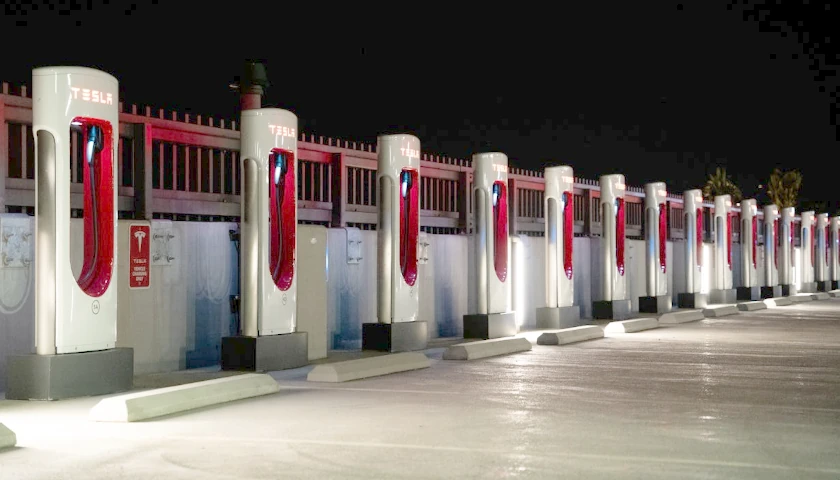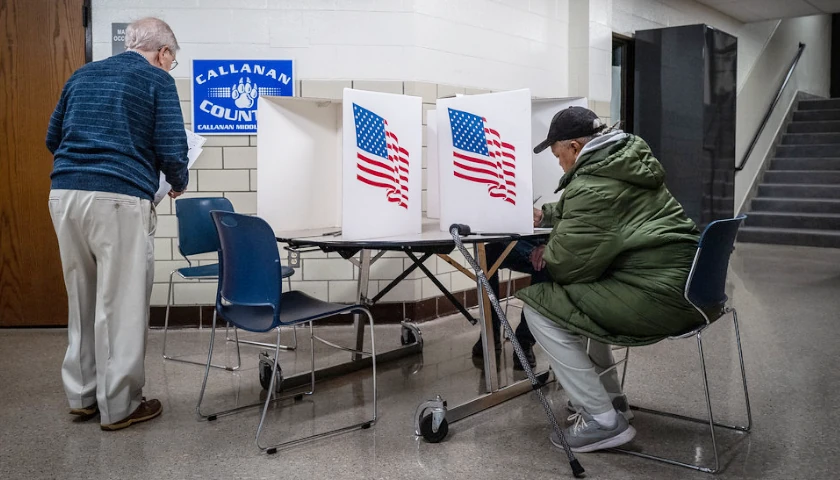by Geoffrey Pohanka
The charade I refers to is President Biden’s $7.5 billion dollar investment to install 500,000 electric charging stations along America’s highways by 2030. A reliable and convenient public EV charging infrastructure is critical to achieve the President’s goal of meeting the recent EPA CO2 emission regulation that require nearly 72 percent of U.S. new light vehicle sales to be fully electric or plug-in hybrid by 2032. Without diving deeper into the announcement, one would likely assume that $7.5 billion is sufficient to construct the 500,000 charging stations, one every 50 miles along the nation’s highways.
To identify the charade, one must first, look at the math: 500,000 charging stations, each with a minimum of four chargers, accomplished with an investment of $7.5 billion dollars. But that is only $15,000 per charging station, installed. A single high capacity charger can cost $100,000 or more, and most stations have multiple chargers. We are now in the second year of the program and only seven stations have been opened so far. At this rate, it will require thousands of years to build all 500,000 charging stations, assuming there are sufficient funds to do so.
Global consulting firm McKinsey and Company estimates that the U.S. will need 28 million charging ports by 2030. There are just two million charging ports today. To meet the goal, about 12,000 new public and private charging ports will need to be added every single day to reach the goal by 2030.
It is true that significantly more government funded charging stations are in the works and will be opened. The stations completed so far cost significantly more than what has been promised. With retailers contributing land to the projects opened so far, the cost of each station has averaged one-million dollars, with the government participation of 80% of the cost. Eight-hundred-thousand dollars for each station is significantly more than the 15,000 committed by the administration. At this rate, the 500,000 charging stations will cost the government $400 billion, not the $7.5 billion the President has promised.
If the administration is so wrong with this program, one must consider how many government programs designed to bring electric vehicles to the masses are similarly defective.
– – –
Geoffrey Pohanka, Chairman, Pohanka Automotive Group.
Photo “Tesla Charging Stations” by Soly Moses.




